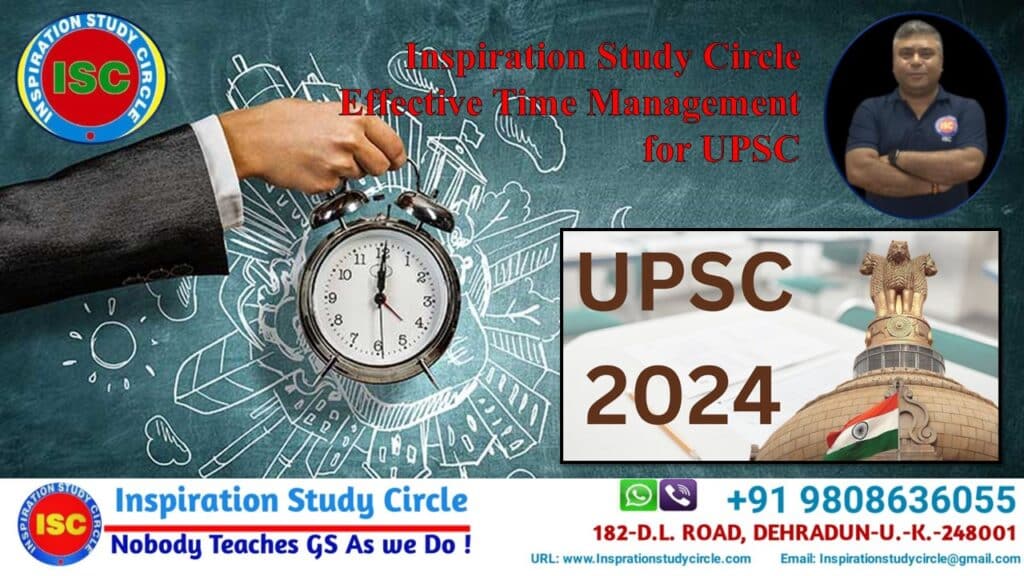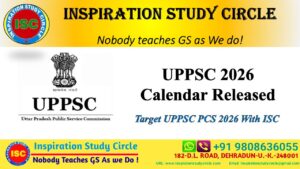
UKPSC- PCS 2026 Prelims Test Series
UKPSC- PCS 2026 Prelims Test Series Table of Contents UKPSC- PCS 2026 Prelims Test Series The Uttar Pradesh Provincial Civil
A career in the Union Public Service Commission (UPSC) in India is considered prestigious and highly sought after by many individuals. UPSC conducts various competitive examinations to recruit candidates for prestigious positions in the Indian Administrative Service (IAS), Indian Police Service (IPS), Indian Foreign Service (IFS), and other central government services.
Here are some key steps and information to consider for a career in UPSC:
Remember, UPSC examinations require consistent effort, dedication, and perseverance. Maintaining a positive mindset, staying motivated, and learning from failures are essential.
Successful UPSC candidates undertake multiple attempts before achieving success, so persistence is key.

Time management is crucial when preparing for the UPSC (Union Public Service Commission) exam, as it covers a vast syllabus and requires consistent effort over an extended period. Here are some tips for effective time management during your UPSC preparation:
Remember, time management is a personal process, and you may need to adapt these suggestions to suit your individual preferences and study style. Consistency, perseverance, and smart planning will go a long way in your UPSC preparation journey.
If you’re approaching the last few days or weeks before the UPSC exam, here are some last-minute tips to help you make the most of your preparation:
Remember, while these tips are meant to help you in the last-minute preparation, it’s crucial to have a solid foundation of knowledge and consistent preparation throughout your UPSC journey. Stay confident, maintain a positive attitude, and give your best effort. Good luck!

UKPSC- PCS 2026 Prelims Test Series Table of Contents UKPSC- PCS 2026 Prelims Test Series The Uttar Pradesh Provincial Civil

Explained: India AI Impact Summit 2026 Table of Contents India AI Impact Summit 2026 India AI Impact Summit 2026 The India

The Corruption Perceptions Index, and The Henley Passport Index Table of Contents The Corruption Perceptions Index, and The Henley Passport

India- USA Interim Trade Agreement (2026) Table of Contents India- USA Interim Trade Agreement (2026) In early February 2026, India and

Explained: India- EU FTA “The Mother of All Deals” Table of Contents India- EU FTA “The Mother of All Deals

UPPSC- 2026 Calendar Released Table of Contents UPPSC- 2026 Calendar Released Brought to you by Inspiration Study Circle UPPSC- 2026